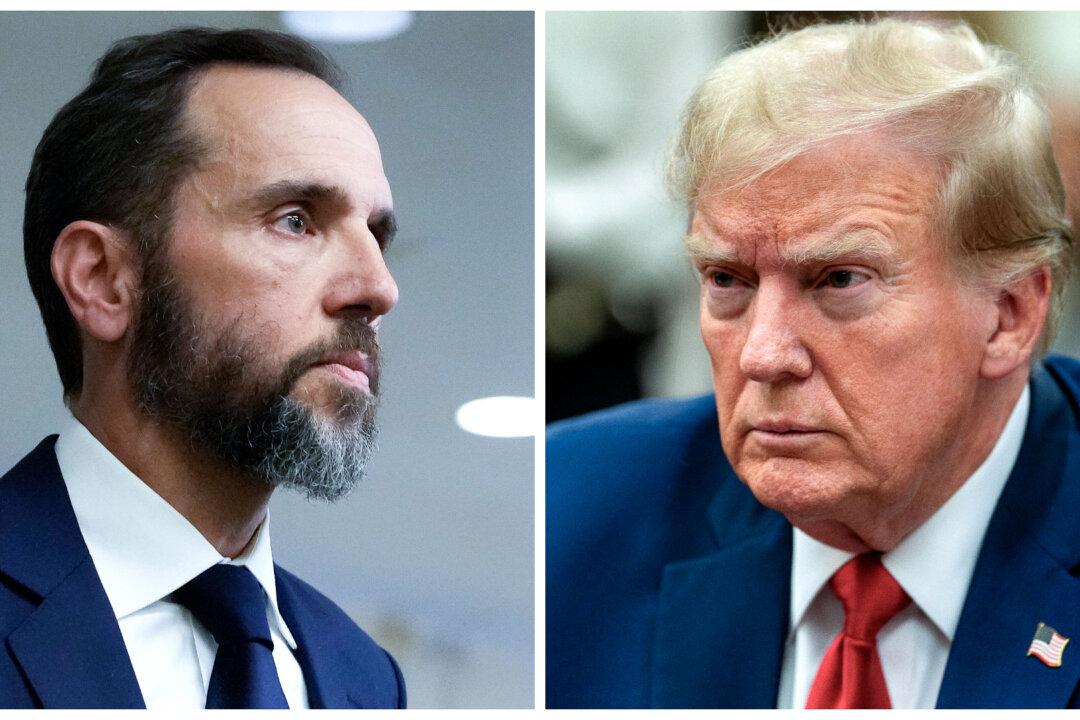Special counsel Jack Smith’s office has filed a motion to exclude arguments and evidence based on former President Donald Trump’s “partisan political attacks” and “irrelevant and prejudicial issues” raised.
The Dec. 27 court filing comes two weeks after U.S. District Judge Tanya Chutkan stayed all pretrial proceedings and deadlines in an order on Dec. 13, and after the defense filed a response on Dec. 18 arguing the special counsel had improperly continued to serve discovery productions despite the pause. The judge hadn’t issued an order after President Trump’s claims that the prosecutors were continuing to litigate “unlawfully” and in violation of the stay order.





